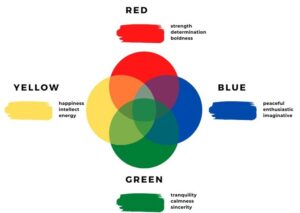When you are spending time and money on affiliates and cross-links you want to know if the program is successful. Are you really getting traffic from these sources? More importantly, does the traffic from these sources make you more money? Being able to spend your advertising budget in a smart, profitable way is what this underutilized feature is all about.
In many cases you’re able to see referral sources in popular analytics tools like Google Analytics. But many times these systems are not set up to handle passing referral information from one domain to another and some customers never have those tracking codes execute due to an opt-out flag or slow internet. Using this method (in conjunction) with analytics should create an ironclad record.
How it Works
The feature is very simple to use. Say you operate a bike tour business and you want to pay for a listing on a local tourism website to try to drive more revenue to your business. One piece of information the tourism board will ask for is a URL to your website. So, instead of sending them https://www.biketourcompanyexample.com, you’d send them https://www.biketourcompanyexample.com?src=tourism-website-name. The key difference is the src URL parameter in the second example.
This URL parameter can have letters, numbers, dashes, and underscores in it. Do not include any other special characters or spaces as this can cause adverse effects. When a customer clicks on one of these links we will treat the src parameter special and if the customer makes a booking we will attach that to the payment record. You are then able to run reports on the Tracking Source Code field.
Non-Embedded Experience
Clients that utilize the embedded booking experience will not have to make any changes to use this feature. Any traffic that comes in with this URL parameter will store this value and everything will just work. But for clients that do not use the embedded booking experience some custom code will be required. Why? Because you will be driving traffic to your website and to book the customer has to then go over to our domain. The booking link doesn’t include the src parameter and the booking engine is unaware of anything on your domain.
While we don’t have any specific custom code to provide, we recommend identifying the URL parameter and storing the value in a cookie. Using code, append this URL parameter and value to all booking links if it exists. Then, when a customer clicks one of your booking links and navigates over to our domain we will also then know about the URL parameter.






